Physical Address
60 Ekwema Cres, Layout 460281, Imo
Physical Address
60 Ekwema Cres, Layout 460281, Imo

Kenya’s e-commerce sector has surged in recent years, driven by widespread internet access and mobile payments. Today, about 16% of Kenyans shop online, because the country’s internet penetration and mobile money (like M-PESA) is making online markets in Kenya more accessible.
One source of data shows that Kenya has e-commerce sales of US$762 million in 2024, growing at 15–20% annually. Jumia Kenya is the biggest online shop with approximately US$100 million of sales in 2024.
Millions of Kenyans are making purchases through these online markets in Kenya for everything ranging from groceries to gadgets and wears.
In this writing, we will dive into the best online markets in Kenya available for shopping from your comfort.
Online retail (e-commerce) is one of the most promising ventures in the bustling digital economy in Kenya. General merchandise and clothes are taken by such platforms as Jumia and Kilimall, whereas the niche websites specialize in groceries, electronics or auto sales.
The advanced mobile infrastructure supports this growth. For example, Safaricom’s Masoko leverages M-PESA to offer products nationwide, and businesses that tap into consumer goods (electronics, apparel, home items) have seen strong demand.
Aside from pure retail, other successful online businesses include freelancing/digital services and fintech. However, given consumer trends, an online store selling in-demand products (see below) tends to be the “best” path – it reaches more buyers and benefits from Kenya’s growth to a digital economy.
Read also: 15 Best Online Skincare Stores in Nigeria
Kenyan online shoppers currently favor both every day and lifestyle items. Products that offer affordability and convenience dominate are on high demand– whether it’s mobile phones, clothing, kitchen appliances or everyday essentials.
According to market analyses, electronics and gadgets (especially budget smartphones and accessories) are top sellers.
Many people buy affordable Android phones (Samsung, Xiaomi), chargers, cases, etc. Fashion and apparel are also hot categories: women’s clothing, locally designed outfits (e.g. kitenge prints), shoes and accessories sell quickly.
Other fast-moving items include laptops (often refurbished), home/appliance goods (blenders, microwaves), and baby & kids’ products like strollers and toys. Health and fitness gear (dumbbells, mats) and even farm tools (water pumps, fencing) are notable online purchases.
Kenya’s e-commerce scene features a mix of large general marketplaces, specialist retailers, and classifieds platforms. The following 15 online markets are widely recognized for selection, reliability or popularity among Kenyan consumers:

The country’s largest online mall. Jumia offers virtually everything: electronics, fashion, home goods, groceries and more. It has its own delivery network and various types of payment (M-PESA, card, cash-on-delivery).
By 2024, Jumia Kenya achieved an approximate turnover of US$ 100 million to emerge as the best e-commerce vendor in Kenya. The section that has wide interest amongst shoppers is its fashion category (clothing and shoes).

Kilimall Kenya -A competitor with many years of existence has a diversity of products at frequently-lowered/adapted prices. Customers can access electronic products, gadgets, household products and beauty products and clothes.
Kilimall’s user-friendly site and app, plus payment via mobile money and card, make shopping easy. It is cited as Kenya’s third-largest online retailer after Jumia and Carrefour, indicating strong market share.

Safaricom’s own online marketplace. Launched in 2017, Masoko leverages the telecom giant’s mobile money platform. It sells electronics, mobile phones, fashion, home goods and even groceries.
Safaricom users benefit from seamless M-PESA checkout and loyalty promotions. Masoko positions itself as a trusted local option, boosting visibility for Kenyan SMEs and offering fast delivery across Kenya.

An “Amazon-style” marketplace for local merchants. Sky.Garden lets small retailers set up free online shops and sell electronics, homewares, clothing and more. Although it faced challenges, it relaunched under fintech firm Lipa later, integrating buy-now-pay-later options.
It served thousands of Kenyan SMBs and promised end-to-end fulfillment. (TechCrunch describes Sky.Garden as a platform where third-party merchants sell goods online.) Its model empowered small sellers and gave them national reach.
Explore the List of Temu Store Locations

The e-commerce arm of Carrefour supermarkets in Kenya. Carrefour offers groceries, household items, electronics and select clothing. The Kenyan customers have an ability to purchase foods and other personal care and home necessities online; upon placing an order they can either have it delivered home or collect it.
Carrefour is a global retailer and the similarity of the shopping process on its web site makes this experience familiar. It is one of the top revenue generators (around US$100M in 2024) in Kenyan online retail.
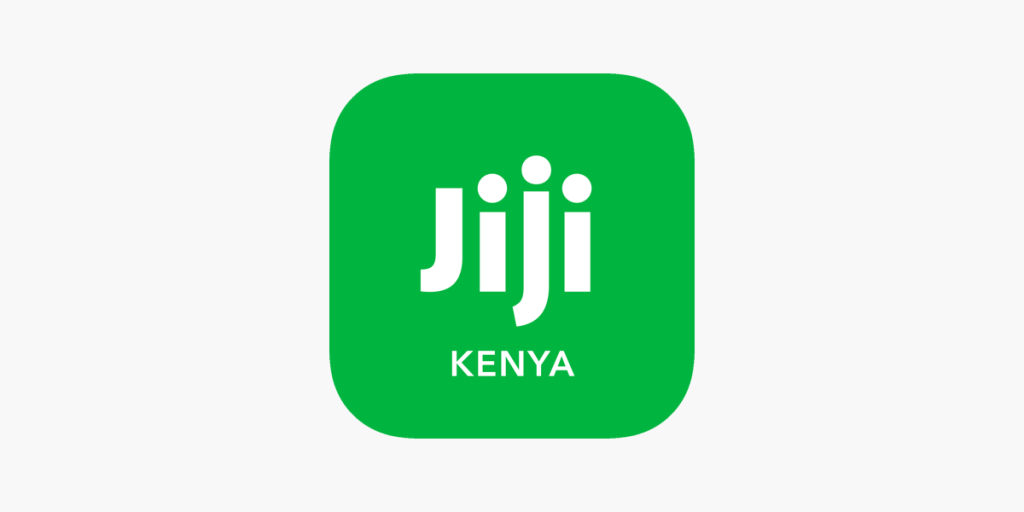
Kenya’s leading classifieds marketplace. On Jiji.co.ke users buy and sell secondhand and new items across all categories. There are massive listings for electronics, furniture, cars, and clothing. Jiji acquired OLX Kenya and cars45 to solidify its reach.
Business Insider reports Jiji is a “regional leader in classifieds” with millions of users. For clothing specifically, Jiji’s peer-to-peer market has countless sellers offering apparel at lower prices.
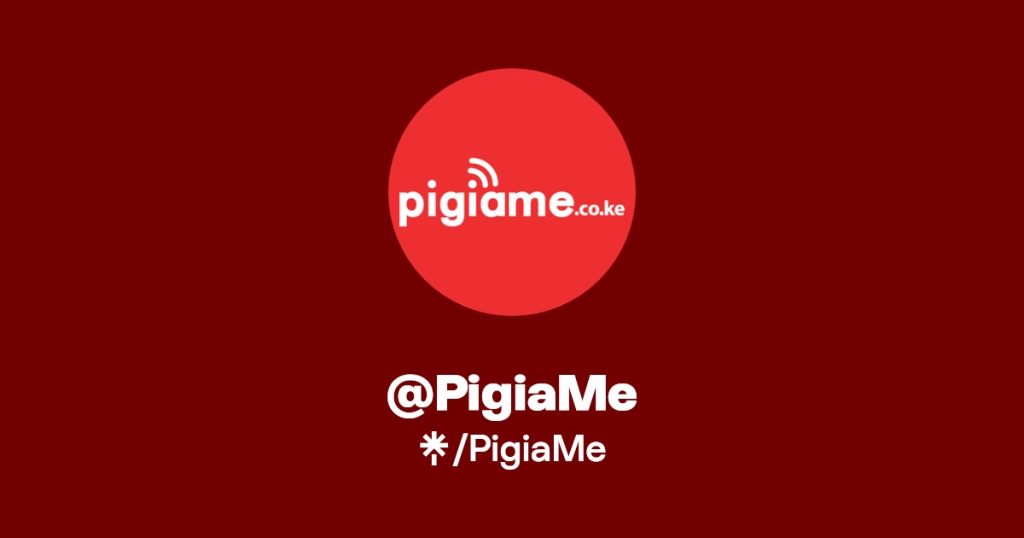
A local classifieds site similar to Jiji. PigiaMe (meaning “just do business” in Swahili) lets users post ads for anything from mobile phones to cars, services, and secondhand clothes. It is one of Kenya’s oldest classified ads platforms.
Shoppers often browse PigiaMe to negotiate directly with sellers, especially for used items. While not a traditional “store,” it’s a popular marketplace for private sales.
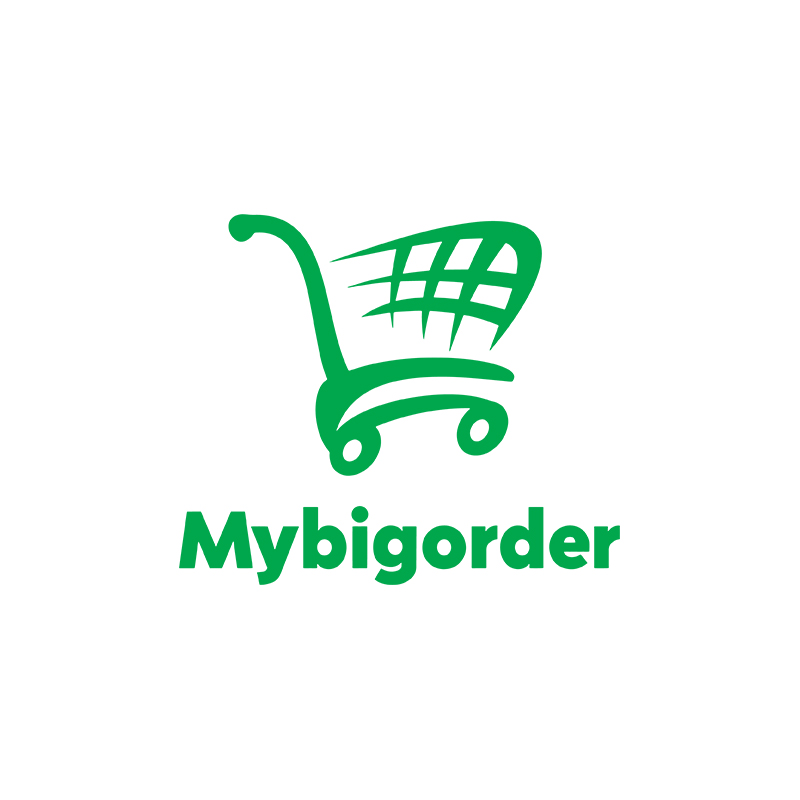
A Kenyan startup marketplace focusing on local sellers. Mybigorder brands itself as “Kenya’s top online shopping site” with a one-stop solution. It hosts thousands of sellers offering electronics, fashion, home products and more.
The platform emphasizes supporting small businesses and enabling bulk purchases. (For instance, it highlights flash sales and corporate/wholesale buying.) Though newer, it’s become known for variety and competitive pricing.
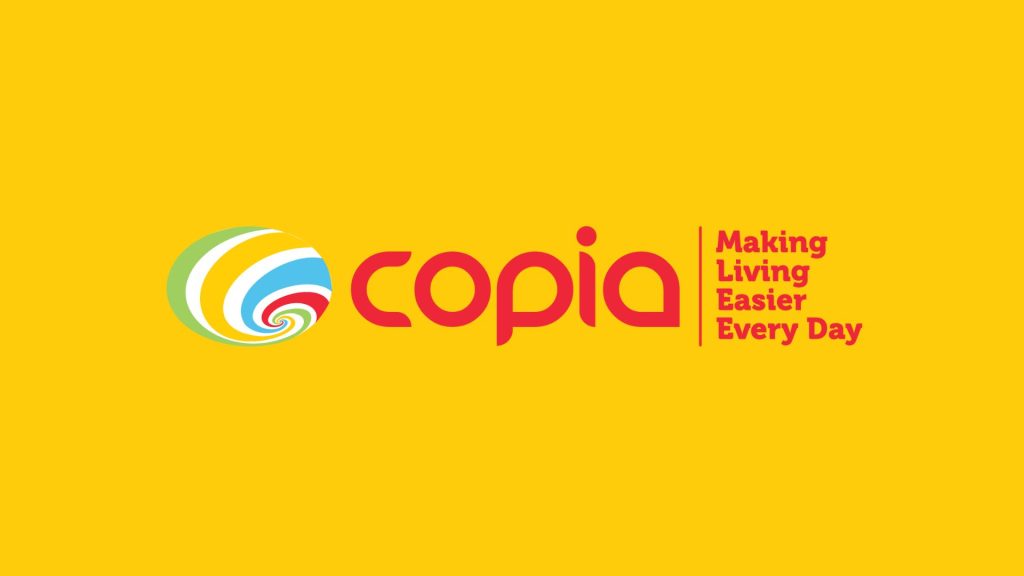
An e-commerce platform targeting the underserved market. Copia Kenya allows rural and urban customers to order daily goods and select merchandise via an app or agent kiosk. Users top up an account, place orders (including clothing and household items), and have them delivered by Copia’s network.
Originally focused on groceries, Copia expanded into other retail categories and provides credit to rural shopkeepers. It acts as a B2C marketplace bridging informal and formal retail.
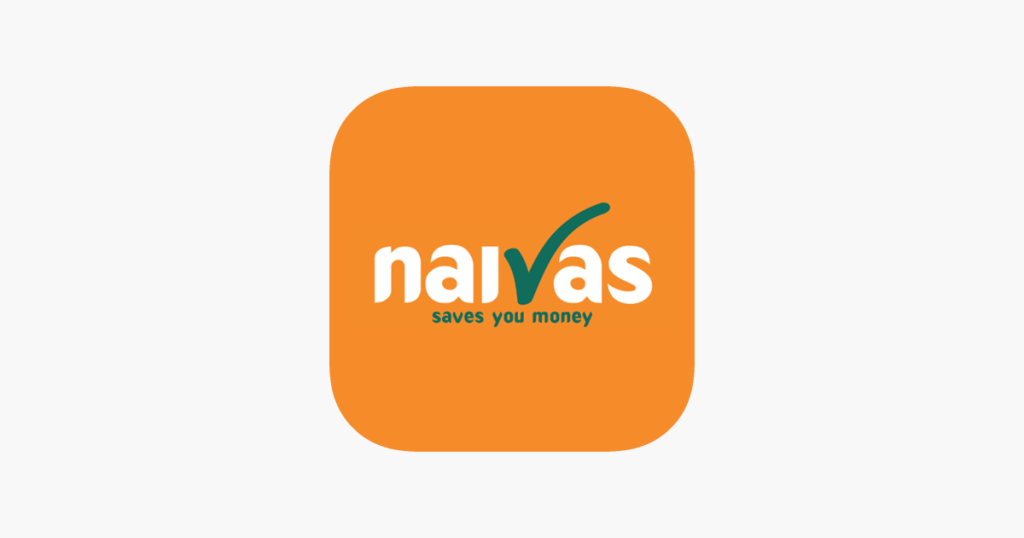
The online portal for Naivas, Kenya’s largest supermarket chain. While primarily known for groceries, Naivas Online also sells kitchenware, electronics and occasional clothing items (like home textiles).
Customers can shop for food, personal care and home goods through the Naivas website or app and choose delivery slots or pickup. Its vast retail network and inventory make Naivas Online a convenient market for everyday shopping.

A specialist marketplace for cars and automotive parts. Cheki.co.ke lists new and used vehicles, motorcycles, and spare parts from dealers and private sellers. It’s a go-to site for vehicle shoppers in Nairobi, Mombasa, Kisumu and beyond.
Aside from autos, Cheki’s classified model can include some auto-related apparel (uniforms, accessories). As a focused vertical marketplace, Cheki shows the diversity of Kenya’s online markets beyond general retail.
Also Read: 15 Top Online Shopping Sites in Nigeria |2025 Update

The local site of bidorbuy (a South African online marketplace). Bidorbuy.co.ke lets Kenyans participate in auctions and fixed-price sales of items ranging from electronics to fashion and home goods. It works like eBay/Amazon with buyer protection.
Sellers include both businesses and individuals. (Note: bidorbuy’s main site is SA-based, but it offers a .co.ke portal.) It’s known for offering both new and quality used products.

Although based in China, AliExpress (and Alibaba) are widely used by Kenyan buyers. These global marketplaces ship directly to Kenya, offering vast catalogs at low prices. Consumers often buy fashion, electronics, and home items through AliExpress.
While not “Kenyan” platforms, they function as online markets accessible in Kenya. The convenience of global e-commerce and mobile ordering apps makes these popular for goods not easily found locally.

A social-network-based marketplace used extensively in Kenya. Through Facebook’s platform, individuals and businesses list clothing, electronics, furniture, and more. Buyers message sellers directly.
Many Kenyans use Facebook Marketplace to find deals on new and secondhand clothes or to sell off extras. It’s informal but very active, effectively making Facebook a major “market” for everyday items.
Also see: 15 Top Wholesale Grocery Shops Online | 2025 Update
This catch-all includes newer or niche sites. Examples are Lipa Later (Sky.Garden) for electronics, ShowRoom Kenya for cars, and community-driven markets. While not all are major, they serve specific segments.
Also noteworthy are omnichannel shops with online arms (e.g. Home Afrika for home goods) and fashion boutiques that opened e-shops. The key is that Kenya’s online market is growing: many brick-and-mortar retailers now sell online, and new startups keep emerging, expanding the choices of where Kenyans can shop virtually.
Jumia.
Kilimall.
OLX.
Alibaba.
Facebook Marketplace.
Jiji.
Choose What Products to Sell.
Name Your Store and Get a Domain.
Get a Logo.
Find Wholesale Suppliers to Stock Your Store. …
Build Your Online Store Website.
Accept Payments via Cash on Delivery (Highly Recommended)
Decide How You’re Going to Deliver Your Products and What Your Delivery Rates Will Be.
In Kenya, performing online shopping on Alibaba is a hassle-free experience, whether you’re using your phone or computer.
Kenya’s online marketplaces have become integral to retail and everyday commerce. A combination of robust digital infrastructure and rising internet use means more Kenyans are comfortable buying goods online.
The best online markets span from large malls to niche platforms. Each serves different needs – but they all share one goal: making shopping easier.
As the trust in e-commerce grows, these online markets will only become more central. Businesses looking to sell online in Kenya would do well to list on these platforms, since they already capture the majority of Kenyan online shoppers and the highest-selling product categories.